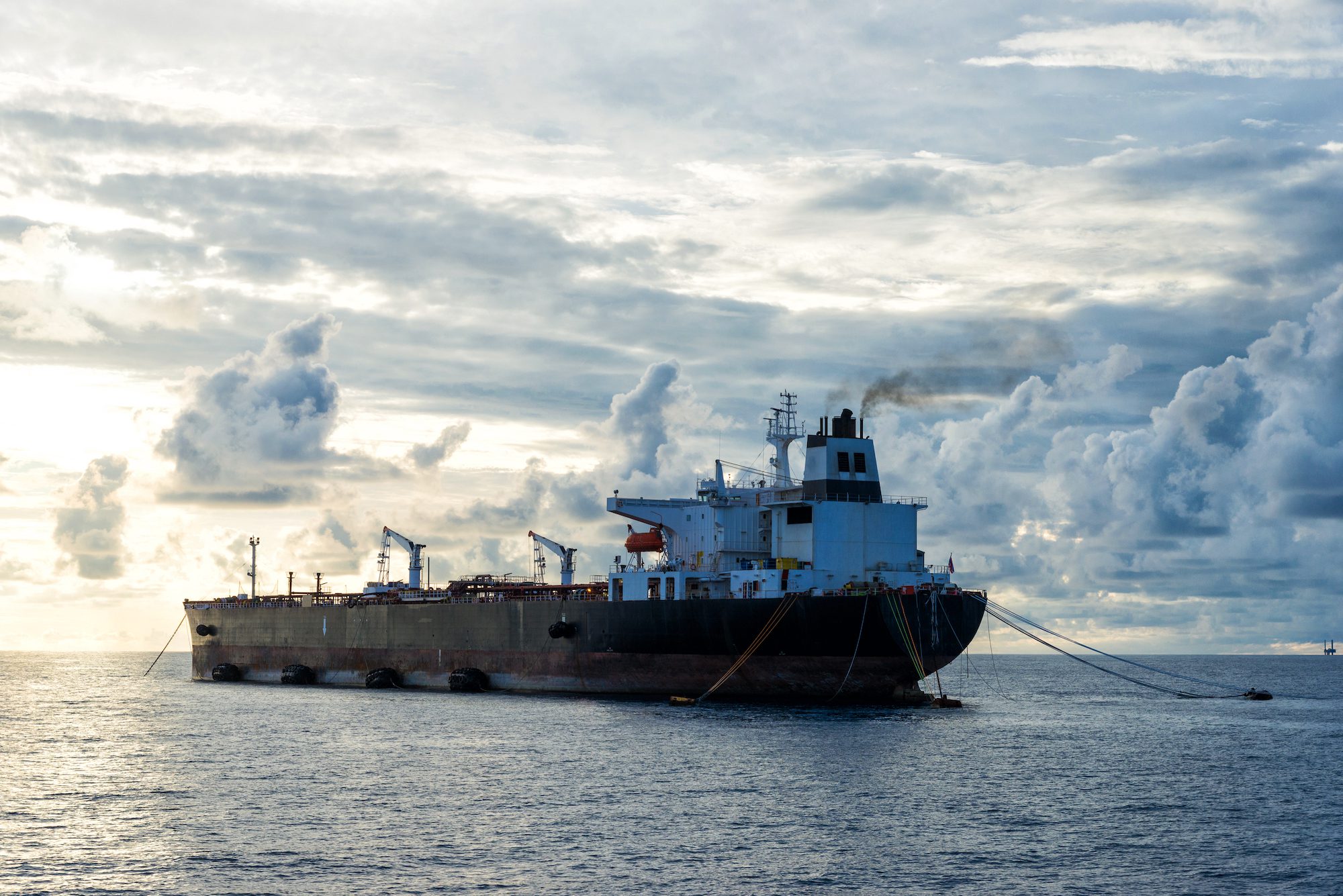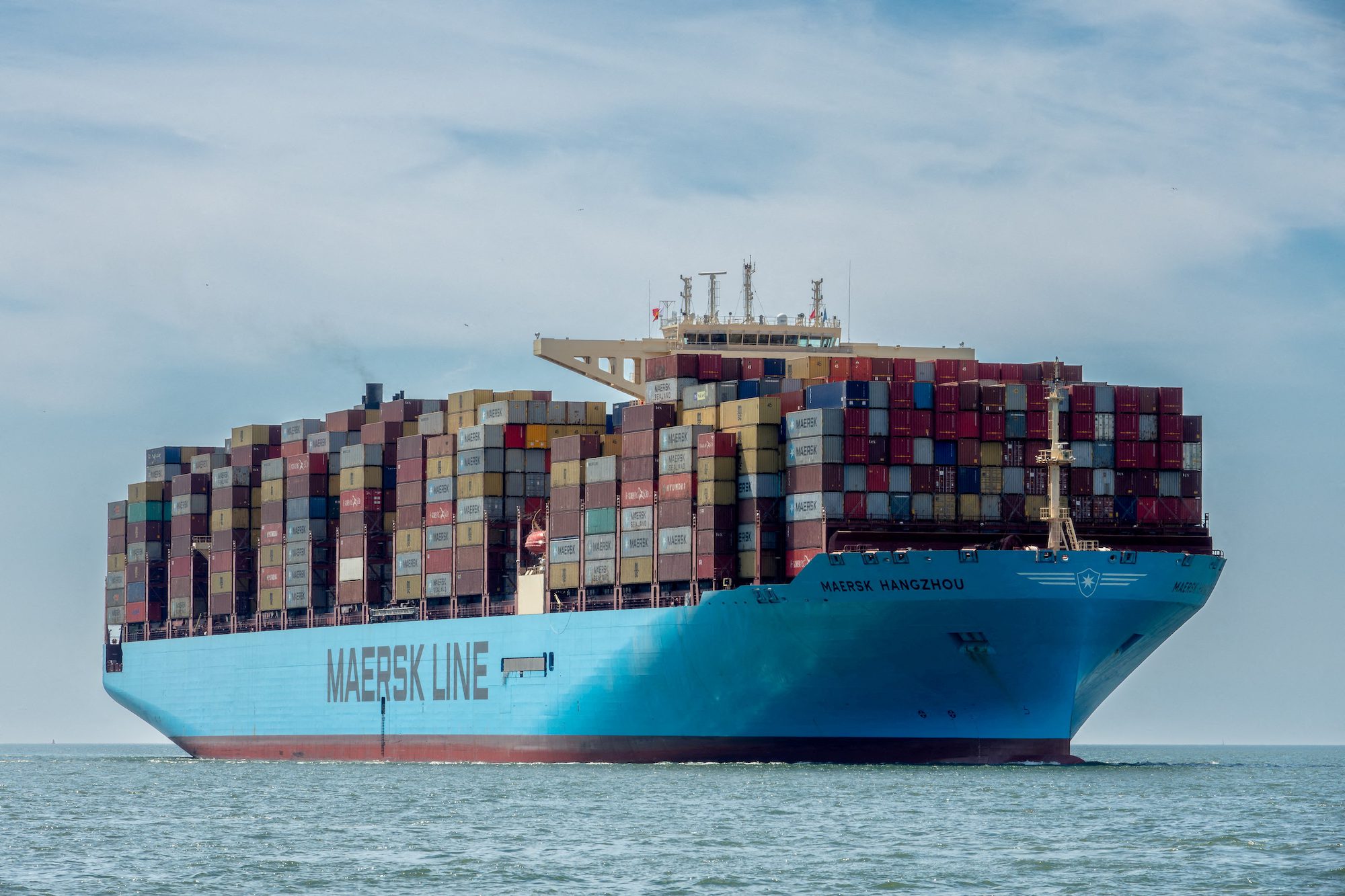By Alberto Nardelli (Bloomberg) —
The European Union has approved a new package of sanctions over Russia’s invasion of Ukraine, seeking to tighten the enforcement of restrictions by widening the scope of measures to its network of accomplices and hit Moscow’s revenues.
The measures target Russia’s shadow fleet of tankers, and transshipments of liquefied natural gas to third countries. While this is the EU’s first move to restrict Russian LNG operations, the bloc will still allow deliveries of the fuel from Moscow to the region.
The sanctions also target companies in countries including China, that have been helping the Kremlin get around earlier trade restrictions.
The package — the bloc’s 14th since the beginning of Russia’s full-scale war against Ukraine — includes:
- A ban on the transshipment of Russian LNG to third countries via the EU, including a prohibition on reloading services as well as ship-to-ship and ship-to-shore transfers. Imports into the EU are still allowed.
- A prohibition on providing investments, services and goods to new LNG projects in Russia
- Sanctions on a dozen vessels that are part of Russia’s so-called shadow fleet, used to get around a price cap on oil and other trade measures
- Banning EU firms operating outside Russia from directly connecting to the Russian Central Bank’s Swift-equivalent SPFS, and banning transactions with listed firms using the system to circumvent sanctions
- Forbidding EU operators from transacting with listed banks that are enabling trade in technologies and goods used in weapons or needed to make them
- Restricting trade with dozens of new listings, including companies in China, Turkey and India
- Restrictions on political parties, think tanks and media providers to accept Russian sources of funding
- Ramping up the checks and due diligence required of EU companies whose goods are still making their way to Russia, often through networks of intermediaries that include subsidiaries and sub-contractors
- Export controls on more chemicals, manganese ores, plastics, electronics and excavating machinery that could be used for military purposes as well as restrictions on helium imports
- Tightening measures on existing air and road transport restrictions, as well as new controls on Russian intellectual property rights registrations in the EU and the import of Ukrainian cultural goods that may have been looted by Russia
The package will now need to be formally adopted by member states before it enters into force, and could still change during that process.
© 2024 Bloomberg L.P

 Join The Club
Join The Club










